Part Two: Budget Axe Falls in Grapeland
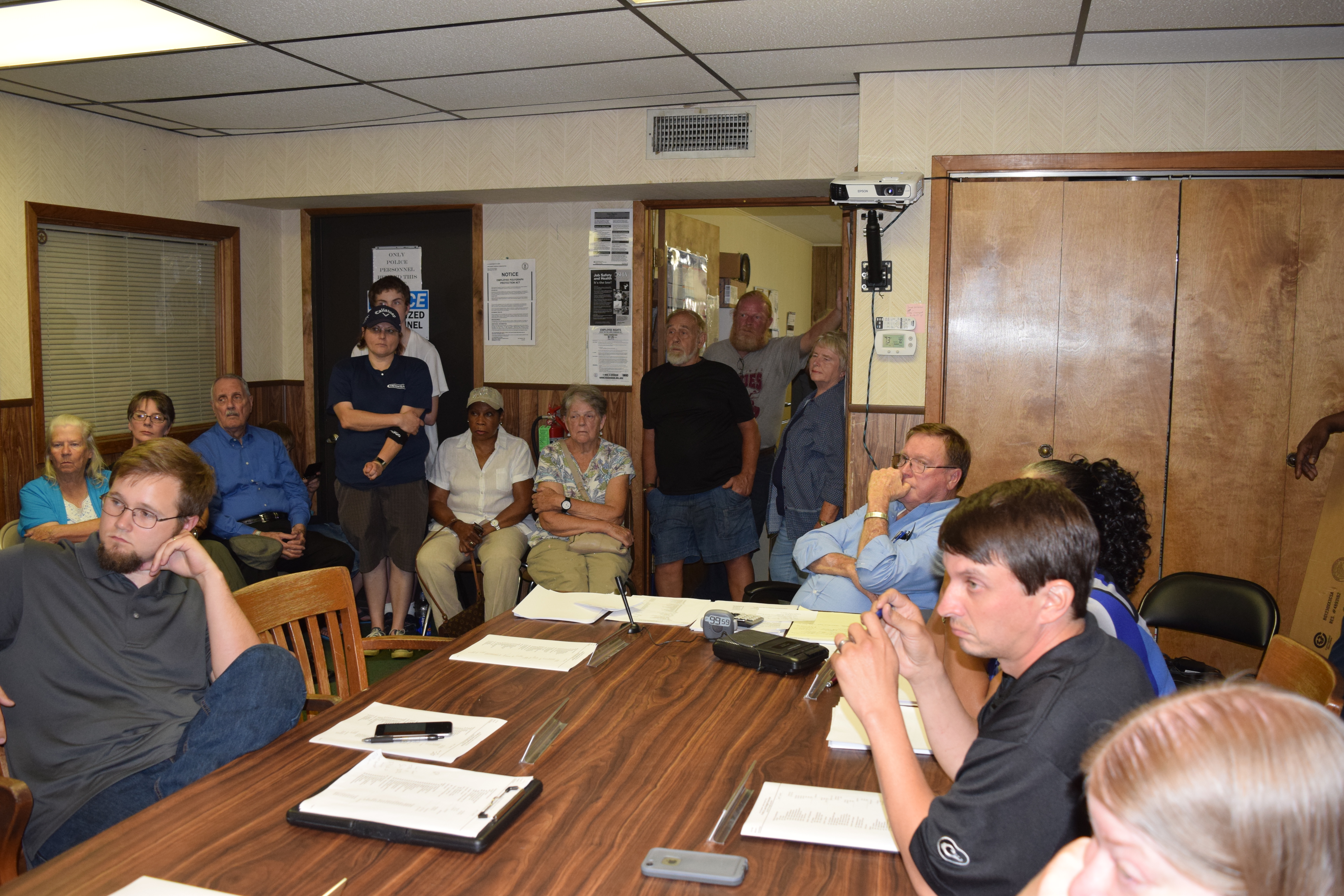
By Will Johnson
Messenger Reporter
GRAPELAND – After several budget workshops, an executive session, a city council meeting and two public hearings, the City Council of Grapeland adopted a balanced budget for fiscal year 2017-2018 on Thursday, June 15 by a vote of 4-1. Councilman Will Watson cast the dissenting vote.
And while the budget may be balanced, decreased revenue streams, poor bond management, a crumbling infrastructure and other mitigating factors forced the council to take drastic measures to keep the city afloat.
Even though all departments were affected, the budget axe fell  hardest on two areas in particular. Funding for the salary of Grapeland Police Chief Don Myers as well as funding for the Grapeland Public Library were severed from the budget.
hardest on two areas in particular. Funding for the salary of Grapeland Police Chief Don Myers as well as funding for the Grapeland Public Library were severed from the budget.
Part one of this article covered the vote taken after an executive session to approve the FY 2017-2018 budget and the council meeting following immediately afterwards. In part two, the aftermath of the meeting and the two public hearings on the approved budget will be discussed.
On Wednesday morning, June 14, it was learned from a Houston County law enforcement official funding for the salary of the Grapeland police chief’s position had been cut from the City of Grapeland’s FY 2017-2018 budget, approved the previous night.
Chief Myers was contacted about the matter and confirmed he had been informed by Mayor Balis Dailey on Wednesday morning that funding for his position in the upcoming fiscal year would not be available.
It also came to light the funding for the Grapeland Public Library (GPL) had also been removed from the recently approved budget.
The first of two public hearings on the FY 2017-2018 budget was slated for later that night and when the doors to City Hall were opened, a capacity crowd flooded the Grapeland council chambers.
As the meeting began, the mayor told the crowded room the city of Grapeland was a city with over $2.25 million of debt. Dailey indicated the revenue collected from ad valorem taxes was down, the revenue collected from sales tax was down and the city’s infrastructure was in desperate need of repair.
When delinquent taxes were factored in, Dailey said the city would only receive between $188,000 and $192,000 in revenue. The mayor added revenue from sales tax collected in the city was also declining and was 10 percent behind what was collected at the same time last year.
Year to date figures from the Texas Comptroller’s Office show Grapeland received $108,801.47 at this time in 2016 but had only received $96,901.90 so far in 2017, indicative of a 10.93 percent decrease.
“We needed, this year, $785,000 more than what we had. So, we had to cut out all the things we could to make our city function so our people could have health and safety and the best welfare we could furnish,” Dailey said.
Dailey said the city had been able to refinance its bonds for a better rate which saved approximately $15,000. In the previous year, he added, sewer and water rates had gone up, six employees had been cut from the City of Grapeland’s payroll and those who remained took a 10 percent pay cut.
“Last year and again this year, we have had to cut a position – a position we didn’t want to. It was a position where a person was doing a great job – a fantastic job – and yet we had to cut that position,” Dailey said.
After lauding the city council for its efforts in poring over the budget to try and find savings, Dailey said the city would be raising the garbage collection rates once again if the budget was adopted.
At the conclusion of the mayor’s opening remarks, he opened the floor to individual council members for their thoughts on the city’s financial blueprint.
Councilman George Pierson spoke first and said he had prioritized the budget with public safety first, water and sewage second and the library third. He explained a significant portion of the city’s budgetary shortfall was the result of unfunded mandates handed down by the state which required the city to send in funds collected by the city to the state in order to meet certain requirements, like water testing.
Dailey added another setback faced by the city involved the loss of three businesses and encouraged the overflow crowd to look for ways to bring business back to Grapeland as a way to help the city prosper.
The mayor said th

e budget cuts included: $17,133.80 from administrative funds; over $30,000 from the police department; $10,000 from the municipal court; $10,000 from the streets department; and $44,853.04 from the water and sewer department.
Following the itemization, Dailey asked if any other council members would like to speak.
Councilman Will Watson replied he had several questions he would like to ask. The first question he asked was how much the garbage hike would be per customer to which Dailey replied it would be $2.
“How much more would it cost – how much more of a rate increase could there be – to fund the $5,325 for the library?” Watson asked.
“I think you already figured that out last night and it would be 63 cents,” Dailey replied.
“Absolutely. It is …” Watson said.
“If we had that 63 cents, I would suggest we spend it on these additional repairs,” Dailey interjected.
“I would suggest otherwise,” Watson said. “It would keep a community institution open and operating. Without that funding they are not able to get the grants that they need to operate throughout the year and provide the services they do. I suggest we raise it to $2.63 and fund the library through the year.”
As the meeting continued, Dianna Coldiron spoke on behalf of those in attendance supporting the library. Coldiron had previously served as the GPL librarian and informed the council the $5,000 in funding would allow the library to maintain its accreditation status and would also allow the library to bring in more money to help with operational costs.
She added the library also served as a beacon of knowledge for surrounding communities because many others used the library for the variety of services it provided.
Councilman Michael Chapman asked GPL Board Chairman Harry Pridgen, who was present at the meeting, if the council chose not to fund the library in FY 2017-2018, would it close.
Pridgen replied it would not close, but another meeting attendee, Brenda Leamons Russell, said while it might not close, the library would be in jeopardy of losing its accreditation with the state. Chapman also asked how hard it would be to regain that status if it was lost.
Russell, who had served as the director of T.L.L. Temple Memorial Library in Diboll for over 40 years before moving back home to Grapeland, said it would be a difficult task and would “… be like starting from the ground up. I have seen so many libraries go under because they could not get their funding to stay as a part of Texas State Library System. They (libraries) provide so much for the community.”
Chapman said he understood what was being said, but added some people might not be able to afford the rate increase of $2, let alone only $2.63.
“Where do you stop?” Chapman asked. “With everything he (Dailey) has talked about, if you
add 63 cents to fund the library, we could add another dollar to fund something else.”
Following a brief back-and-forth about ad valorem taxes, Watson posed a question to the council and the residents in attendance.
He prefaced his question by saying everyone on the council was working towards the best interest of the city but turned Chapman’s question around.
Watson said rather than asking when was it time to stop raising utility rates and taxes, the question should be when was it time to stop making cuts?
“Eventually, rates have to go up. It is part of the order of things. We’re talking about the difference of $2 and $2.63. Sixty-five cents will buy me a Coke from a Coke machine at the school. If you’re having trouble with the 63 cents, come find me. We will open up the console of my truck and we will find it. Sixty three cents is not out of the realm of comprehension for us to do,” Watson said.
Council person Velda Parker said Watson was failing to take into account the delinquent monies owed to the city, which totaled nearly $40,000.
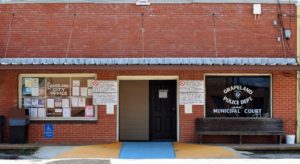
“We can’t even afford a city superintendent because we’re not paying them enough. They come here and then they leave. We have had four superintendents in this city who have come here and didn’t even stay six months,” she said.
Even though the library funding discussion began to subside, the subject matter was changed when Grapeland resident Kim Platt asked about possibly annexing areas outside the city limits to help increase the tax base in order to generate more revenue for the city.
Both Dailey and Pierson said while the idea is appealing, the legal realities and red tape associated with annexation made it very difficult for a city to annex areas. In addition, Dailey indicated annexation had to clear a hurdle from the U.S. Department of Justice in regard to possible gerrymandering based on ethnicity.
Once the annexation possibility had been addressed, the hearing returned to budgetary matters as Dailey began to describe the process used in coming up with the approved FY 2017-2018 budget.
In part three of this series, the budgetary process along with the tax rate needed to support the budget will be discussed.
Will Johnson may be contacted via e-mail at [email protected].

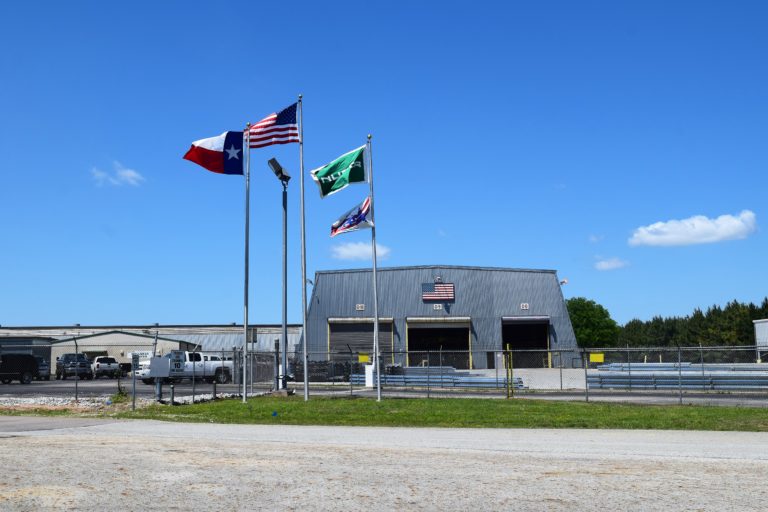

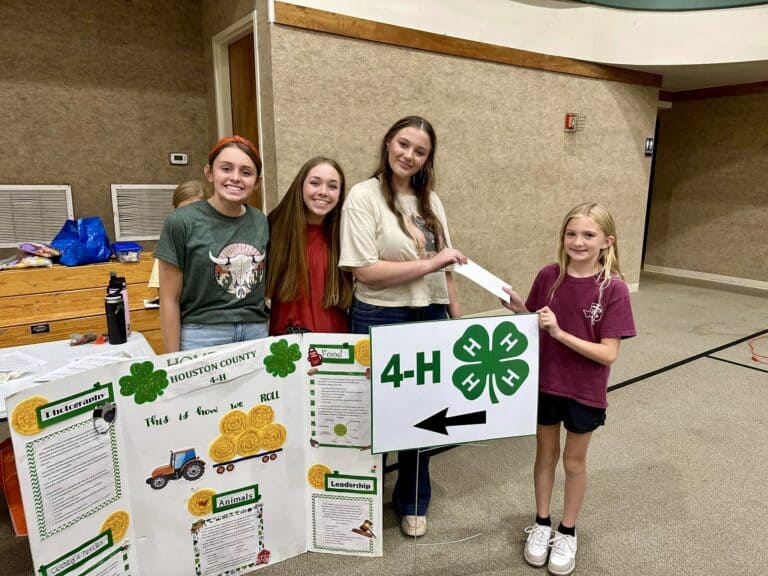


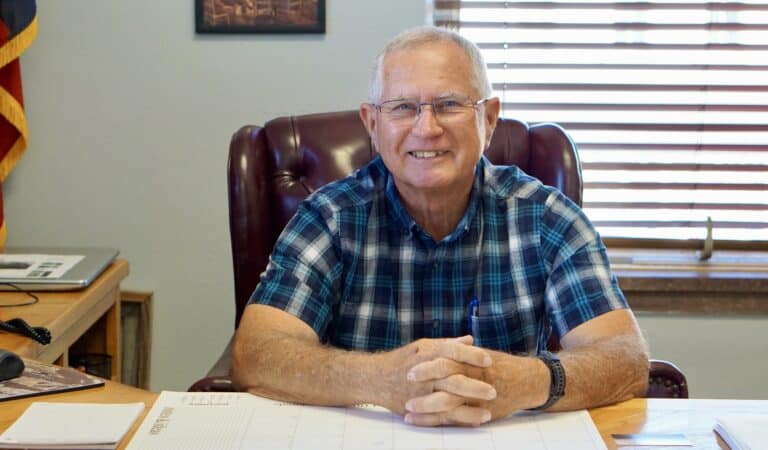
5